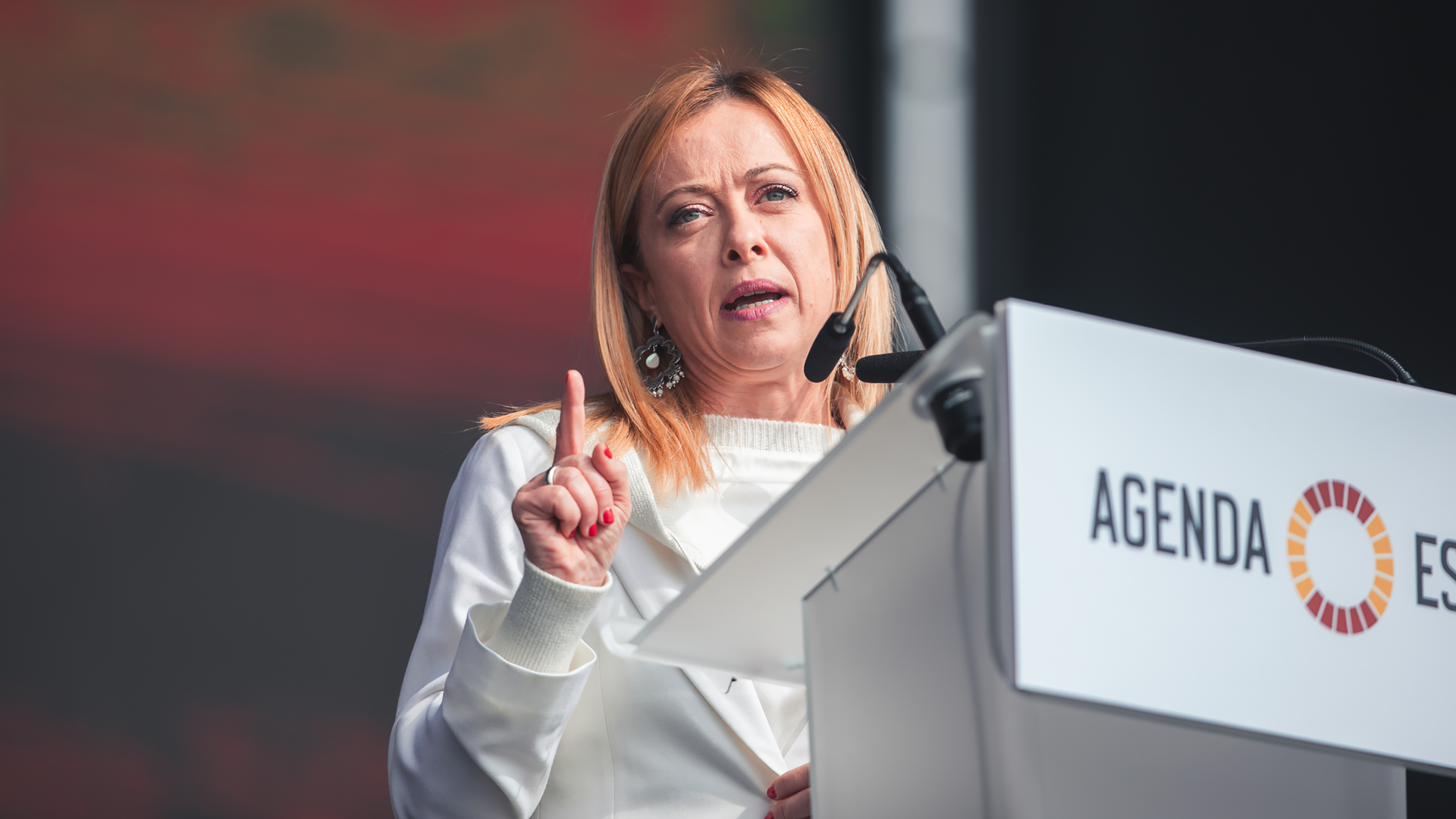Described as a regression to ‘medieval times,’ Italy’s latest ruling exacerbates already challenging access to abortion and fuels the right-wing government’s agenda to restrict abortions in the country.
Italy’s far-right leader Giorgia Meloni recently passed legislation allowing anti-abortion activists and organisations to enter abortion clinics.
The move is part of the broader package of initiatives introduced by the right-wing government, propped up by the EU’s post-pandemic recovery fund of which Italy is the biggest beneficiary.
Among those allowed into the premises of the abortion clinics is one of Italy’s largest anti-abortion organisations, Pro Vita e Famiglia (Pro-Life and Family).
Meloni once made a promise during the 2022 election campaign to not nullify Italy’s abortion law that made the act legal since 1978. However, this does not mean that the Italian premier supports abortion – in fact, the opposite is true.
She has clearly stated an intention to reduce the number of abortions in Italy, or in her words, to provide ‘the right to not have an abortion’.
This agenda is very much reflected in the latest decision by the right-wing cabinet which has been referred to as Italy returning to ‘medieval times’.
Gilda Sportiello, an MP from the opposition has voiced that anti-abortion groups stationed near or inside clinics engage in organized harassment, intending to instill feelings of guilt and humiliation in women seeking their services.
The presence of anti-abortion activists only amplifies the distress for women seeking safety and support in such clinics, restricting their rights.
The current abortion laws in Italy require women to undergo medical examinations, observe a waiting period, and attend counseling, which temporarily suspends their bodily autonomy.
A significant number of healthcare providers refuse to perform abortions due to conscientious objection, making safe and legal terminations inaccessible in many regions, particularly in the South.
Although the law permits conscientious objection, it lacks provisions to prevent service disruptions, leading to challenges in accessing abortion services. Moreover, it prioritizes protecting human life over ensuring women’s right to choose.
An average of 68.4% of gynecologists in Italy identify as ‘conscientious objectors’ of abortion as of 2017.
With roots of neo-fascism from the time of Mussolini, their conservative views have vastly influenced much of their policies. In the region of Marche, wherein the conservative government dominates, extreme measures such as a total ban on abortion pills persist.
Additional legislation restricting access to abortions has been proposed, including mandates for women to hear the fetus’s heartbeat before undergoing the procedure, and granting legal rights to the fetus, potentially reclassifying abortion as murder by default.
The burial of aborted fetuses has also sparked outrage, especially after named graves were found with the names of women who had undergone abortions. The discovery of these in the Flaminio Cemetery in Rome last month has provoked outrage from women’s rights groups.
Francesco Rossi, whose name had been changed to remain anonymous, had not agreed for her aborted fetus to be buried at that location or for her name to be used. In an interview with Al Jazeera, she mentioned that in Italy, if ‘you give birth to a child, they will have the father’s name; you have an abortion, and they will have the name of the mother’.




















